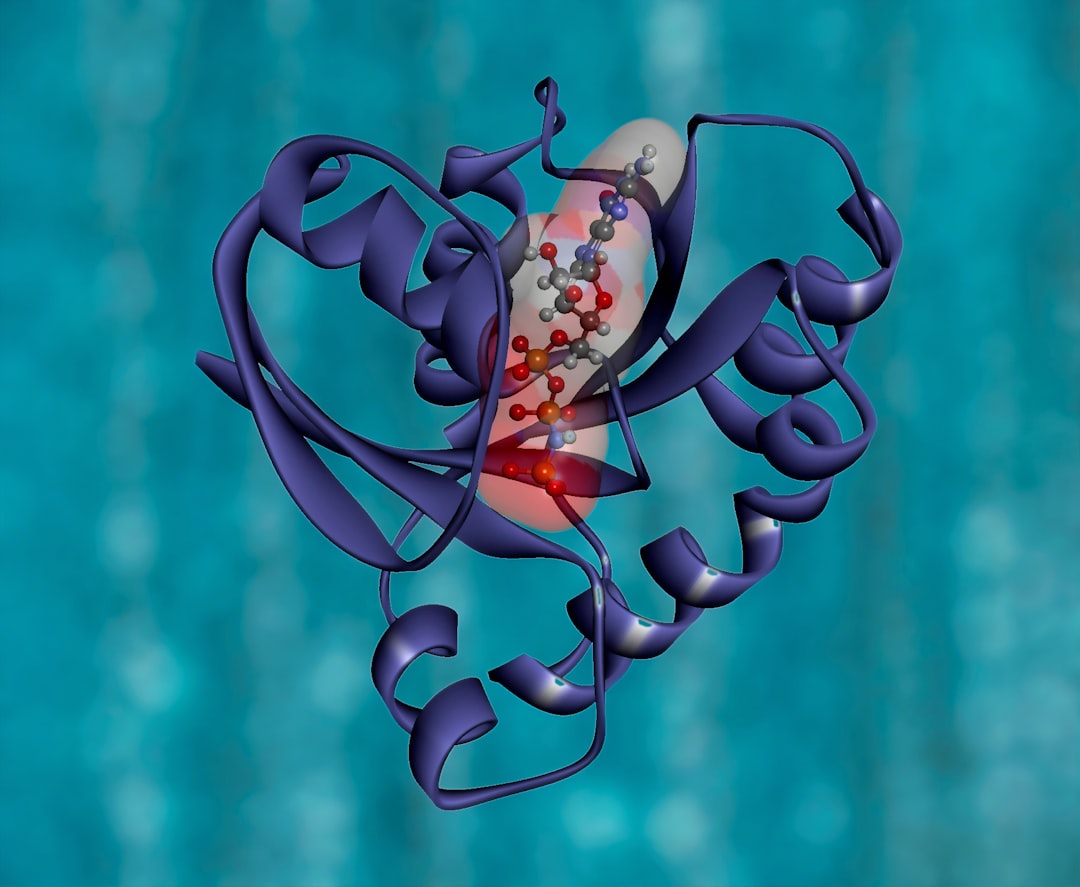What is it about?
We interviewed staff at St John Western Australia ambulance service who answer the emergency calls for cardiac arrest patients. The call-takers offered thoughtful insights on the challenges of safely and effectively handling these emergency calls, and on their roles as the first link in the chain of survival.
Featured Image

Photo by Charanjeet Dhiman on Unsplash
Why is it important?
When someone has a cardiac arrest and needs an ambulance, it is these ambulance call-takers that are the first people to handle the emergency. Therefore the communication needs to work well in order to help that patient survive. It's important to understand how that communication works from the point of view of the call-taker.
Perspectives
A lot of research had been done on ambulance call communication but we rarely ask the call-takers about their experiences. Call-takers often feel invisible in the ambulance service because they are "just a voice on the phone". To me, they are the unsung heroes of the ambulance service.
Dr Niru Perera
Australian National University
Read the Original
This page is a summary of: “If you miss that first step in the chain of survival, there is no second step”–Emergency ambulance call-takers’ experiences in managing out-of-hospital cardiac arrest calls, PLoS ONE, March 2023, PLOS,
DOI: 10.1371/journal.pone.0279521.
You can read the full text:
Contributors
The following have contributed to this page










